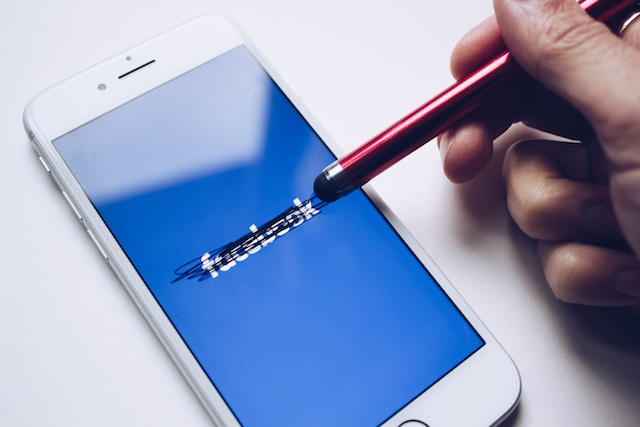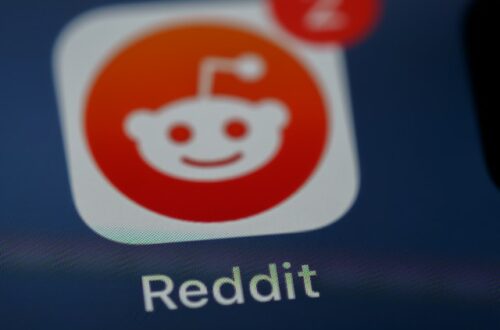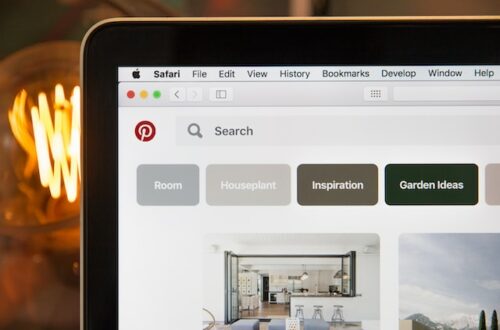In a world awash with emojis and likes, quitting social media has become a hip trend, sparking curiosity and intrigue from those yet to take the plunge.
Why are people making this digital dash for freedom, you ask? Well, they’ve got a slew of reasons, ranging from privacy paranoia to the need for a mental detox.
But, here’s the real kicker – when you cut the social media cord, you’re not just logging out; you’re reclaiming your time like a modern-day superhero.
So if you’re interested in removing temptation and reclaiming your time, read on, and we shall reveal all.
Understanding The Impact of Social Media
From reshaping our relationships to influencing politics and culture, social media wields a significant influence on our lives, both for better and, at times, for worse.
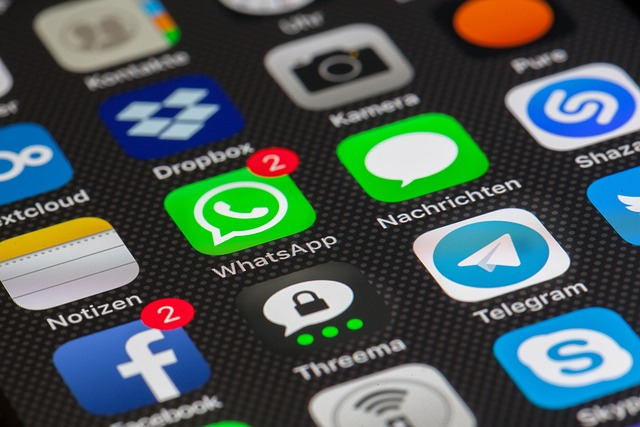
To truly grasp how social media shapes our world, we need to take a closer look at how it affects our personal lives, businesses, politics, and our culture as a whole. By understanding its effects in these areas, we can see how social media has a big impact on our daily lives.
Social media holds remarkable power in shaping opinions, spreading information, and connecting people across the globe. It’s a force that can both amplify voices and influence significant events, making it a crucial aspect of today’s interconnected world.
Social media’s constant presence in our lives can impact mental health though. It can lead to feelings of loneliness, anxiety, and depression due to comparison, cyberbullying, and the pressure to present a curated, idealised self. Understanding these effects is essential for addressing the well-being of social media users.
Social media’s addictive nature can also devour significant chunks of our time. Endless scrolling and constant push notifications steal hours from our day, affecting productivity and personal relationships. Recognising this time drain is key to regaining control over our schedules and priorities.
Also Read: Exploring the Pros and Cons of Social Media on Mental Health
Why Quit Social Media?
The decision to quit social media altogether stems from various reasons, including concerns over privacy, mental health, and time management. Understanding these motivations helps individuals make informed choices about their online presence.
One key reason for quitting social media is recognising that digital habits have become counterproductive or detrimental. When users realise that their online interactions are adversely affecting their well-being, relationships, or personal growth, it often becomes a compelling reason to seek change and disconnect from social media.
Quitting social media can lead to a range of personal and professional advantages too. It allows individuals to reclaim time for self-improvement, deeper relationships, and pursuing hobbies. Professionally, it can help reduce distractions and improve productivity. Both aspects contribute to a more fulfilling and balanced life.
Freedom from the constant distractions of notifications, endless scrolling, and the need to check in frequently are yet more benefits of going cold turkey. This newfound focus can enhance concentration, productivity, and the ability to engage in meaningful, uninterrupted tasks or leisure activities.
Effective Strategies for Quitting Social Media
To successfully break free from the social media grip, individuals can employ a variety of strategies. These strategies help ease the transition towards a healthier relationship with technology.
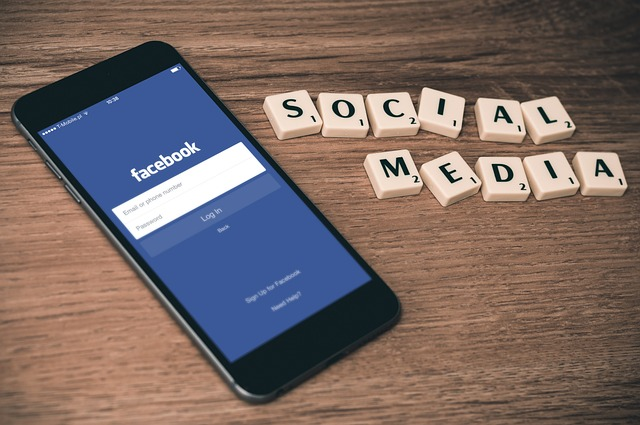
Assessing Your Relationship with Social Media
Before making the decision to quit social media, it’s crucial to take a step back and evaluate your current relationship with these platforms. This self-assessment helps you understand why you want to make a change and tailor your approach to quitting accordingly.
Self-reflection involves taking an honest look at how social media affects your life. Ask yourself questions about how much time you spend on these platforms, your emotional reactions, and the impact on your goals and well-being. This process helps you gain clarity and motivation for any changes you might want to make in your social media usage.
Identifying triggers involves recognising the specific situations, emotions, or patterns that lead you to use social media excessively or in unhealthy ways. By pinpointing these triggers, you can develop strategies to cope with them more constructively, reducing the need to turn to social media as a response. This awareness is a valuable step in assessing and improving your relationship with these platforms.
When assessing your relationship with social media, it’s beneficial to define clear goals. Determine what you hope to achieve by using or quitting social media, whether it’s for personal growth, time management, or mental health. These goals provide direction and serve as a foundation for making informed decisions about your social media usage.
Also Read: Is Gaming A Sport? Debunking The Myths And Defining Competitive Gaming
Gradual Reduction and Detoxing
Gradual reduction and detoxing are strategies aimed at easing your way out of excessive social media usage rather than cutting it out completely all in one day.
To gradually reduce or detox from social media, it’s essential to create a plan. Determine the duration of your detox, set specific boundaries, and decide how you’ll spend your newly freed-up time. A well-structured plan ensures a smoother transition and helps you stay on track with your goals.
Digital minimalism is a philosophy that promotes intentional and limited use of technology, including social media. It involves simplifying your digital life by removing unnecessary apps, unfollowing accounts that don’t add value, and establishing strict boundaries on when and how you engage with these platforms. This approach supports gradual reduction and detox efforts, helping you regain control over your online presence.
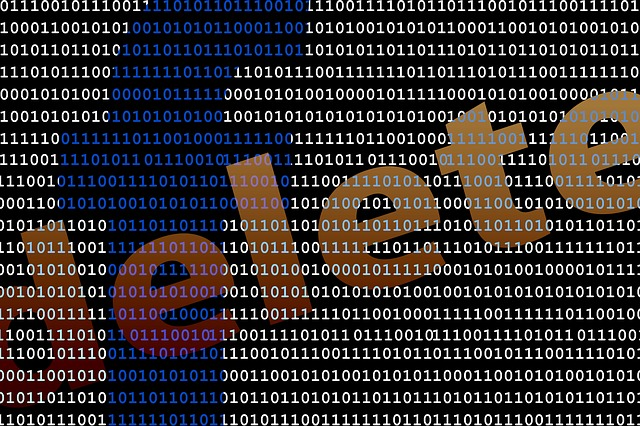
Deleting social media apps, social media accounts, and even quitting social media completely can be a significant step in the gradual reduction and detox process. It minimises accessibility and makes it more challenging to engage with these platforms impulsively. This action helps break the habit and provides a chance to reevaluate your relationship with social media.
Also Read: What Is The Best Ethernet Cable For Gaming?
Building a Healthy Offline Life
This section focuses on cultivating a fulfilling and balanced personal life outside of the digital realm. It offers guidance on how to invest your time in meaningful activities, strengthen in-person relationships, and promote overall well-being once you’ve reduced or quit social media.
Reconnecting with the Real World
Reconnecting with the real world involves actively engaging in physical, in-person experiences and relationships.
Hobbies and other activities provide a sense of purpose, satisfaction, and personal growth while minimising the time spent on social media. Exploring your passions can lead to a more fulfilling offline life.
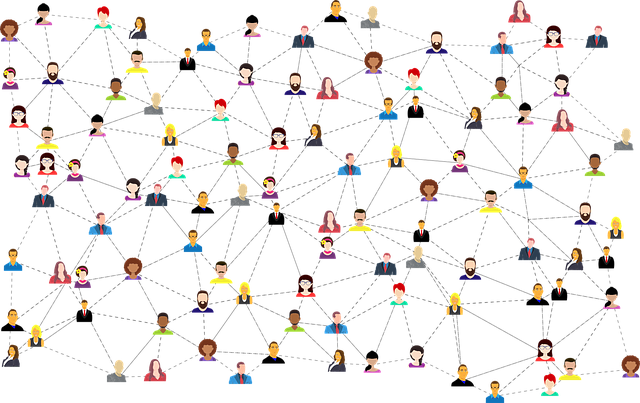
Face-to-Face Socializing is an essential aspect of reconnecting with the real world, as it fosters deeper connections, better communication, and the joy of shared experiences. Building strong, offline relationships enhances well-being and personal fulfilment.
Engaging in real-life experiences, facing challenges, and pursuing goals outside of social media can lead to self-discovery, skill development, and a stronger sense of achievement. This personal growth is a fundamental aspect of a more balanced and fulfilling life.
Also Read: Is 300 Mbps Good For Gaming? Evaluating Internet Speed For Gamers
Mindfulness and Time Management
Mindfulness and effective time management are vital skills for navigating the digital age. This section explores how developing these abilities can help you regain control over your use of technology and create a healthier balance between your online and offline life.
By being present and intentional in their choices, people can prioritise their well-being, personal growth, and meaningful relationships, ensuring a more fulfilling and balanced life.
By setting boundaries, eliminating distractions, and focusing on meaningful tasks, individuals can regain control over their digital habits and allocate their time more wisely, ultimately leading to a more balanced life.
By consciously setting limits, avoiding digital distractions, and prioritising offline activities, individuals can regain control over their screen time, leading to a more balanced and fulfilling life.
Also Read: The Ultimate Guide: How to Keep Your Gaming Laptop Cool for Maximum Performance
Should I Quit Social Media?
The journey of quitting social media is empowered by critical strategies, including self-assessment, digital detox planning, and embracing a mindful, offline life.
But is it the right thing to do?
Even if only for a short time, it’s worth giving it a go to see how you feel afterwards.
By reclaiming time, individuals can redirect their focus towards personal growth, meaningful relationships, and fulfilling activities beyond the screen.
This transition offers the priceless opportunity to lead a more balanced, vibrant life, emphasising the value of genuine connections, real-world experiences, and personal development while freeing oneself from the constraints of the virtual realm.
If that sounds good to you, then you probably already know what you should do.
